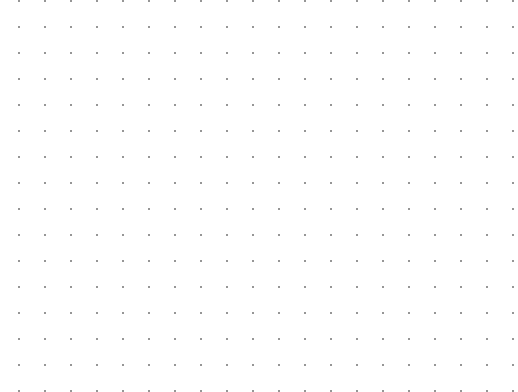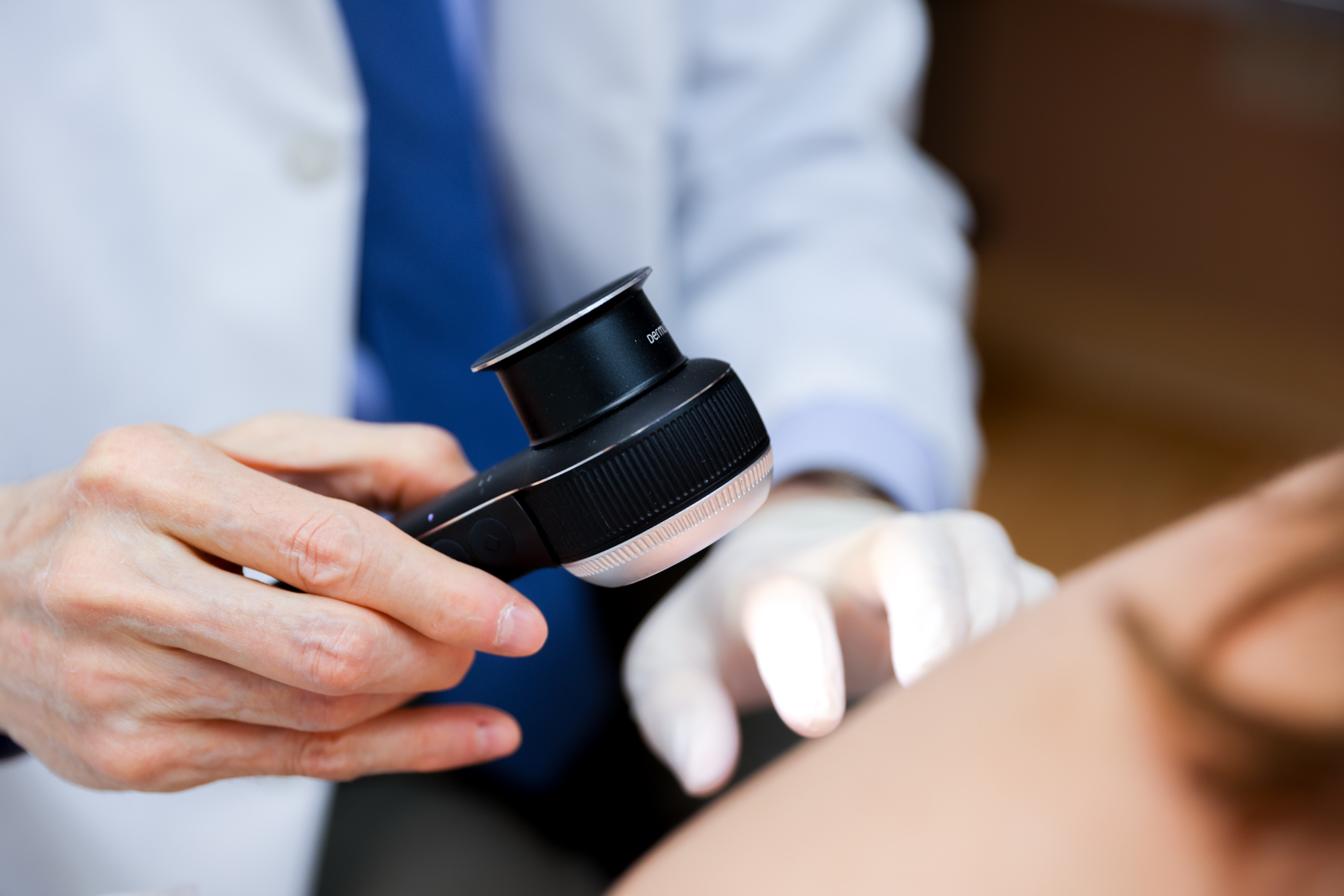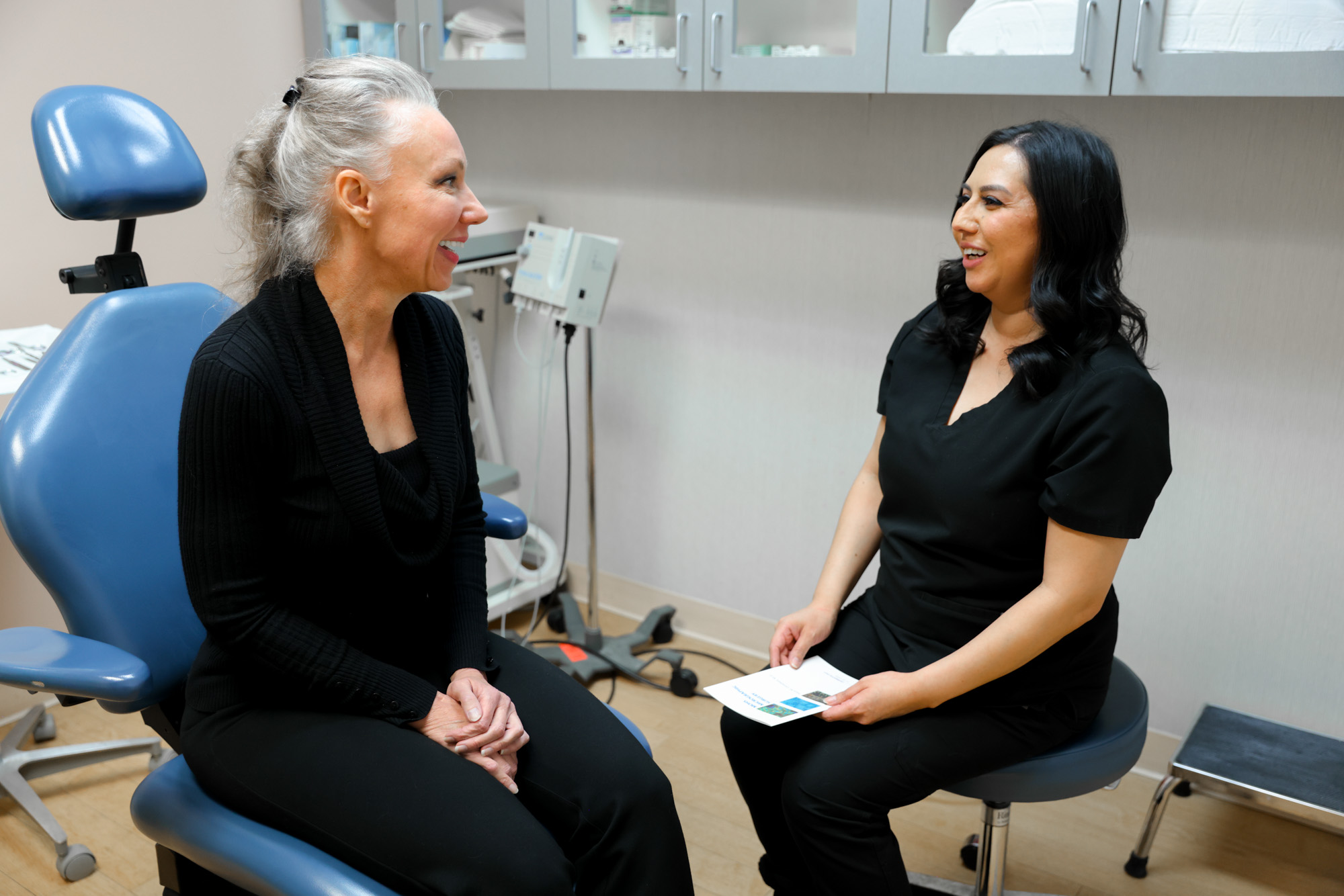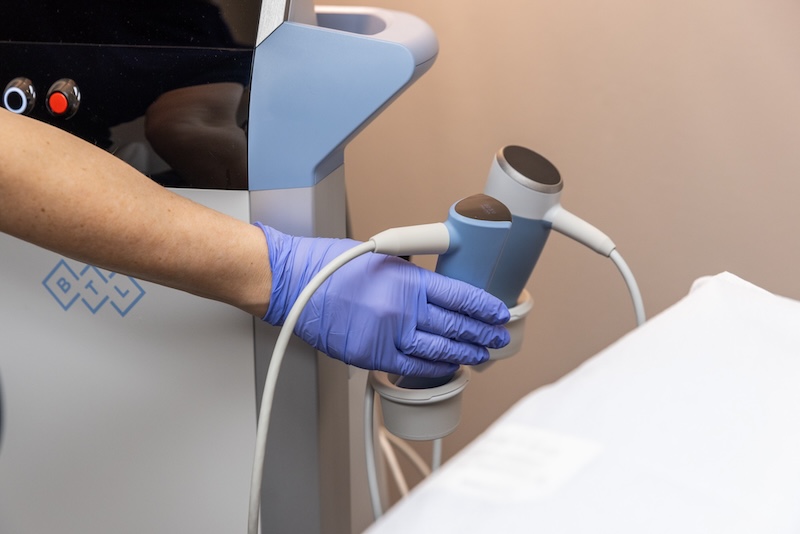Mohs surgery candidates are most often those diagnosed with Basal Cell Cancer or Squamous Cell Cancer. Mohs surgery is particularly effective at removing cancers in places with little surrounding tissue, like the nose, ear, feet, or hands. This surgery is a great choice for those who have had cancer in the past or if it might recur.

The highest cure rate for most types of skin cancer
Mohs surgery is an alternative to traditional surgical excision of cancerous skin cells. As a specialized technique, it is primarily used for removing basal cell carcinoma—the most common form of skin cancer. Our primary goal at Dundee Dermatology is to provide the most effective Mohs surgery in Elgin for all patients facing a skin cancer diagnosis.


What it treats
Skin Cancer Removal
Basal Cell Carcinoma
Squamous Cell Cancer
Melanoma
Mohs Surgery in Elgin at Dundee Dermatology
Consultation
We will meet with you for a consultation to ensure you are a good candidate for skin cancer removal. We’ll either confirm your diagnosis or perform tests for a proper diagnosis before recommending Mohs surgery. Tracy Campbell, MD has specialized training in the treatment of skin cancer with Mohs surgery.
Surgery
This procedure is performed with the patient under local anesthesia. Your Mohs surgeon will remove the visible part of the tumor or cancerous cells along with a small margin of surrounding tissue. We will take this tissue to the laboratory, where it is separated into sections, and analyzed for any cancer cells beyond the primary tumor. If any are found, your doctor will remove another layer of tissue for examination.
The process will repeat until we have found and removed all the cancer. After removal, the surgeon closes the area using a flap, graft, or by allowing the treatment area to heal on its own. We will provide comprehensive post-surgery recovery instructions.

Clinical Research
Always at the forefront, Paul Getz, MD leads our clinical research contributions to the medical dermatology community.
Dundee Dermatology regularly participates in leading-edge clinical research on medications, medical devices, and other innovations.

On The Leading Edge
Relevant Research
Frequently Asked Questions
The primary difference between Mohs surgery and traditional surgical excision is the invasiveness of the techniques. Mohs surgery removes cancerous tissue and saves as much healthy tissue as possible. Post-procedure Mohs also examines 100% of the tissue under a microscope; traditional excision only examines 1% of the tissue.
Mohs surgery also poses much less risk of scarring, this is especially helpful if cancer is on the face. It is also an ideal technique if the patient has large or aggressive carcinomas with indistinct borders since it preserves the most healthy tissue.
Skin cancer removal via Mohs surgery can remove basal cell carcinoma, squamous cell cancer, and other less common types of cancer.
Those who are most at risk for skin cancer include:
- Individuals with fair skin who burn easily
- People who regularly use tanning devices or sunbathe
- Anyone with a family history of skin cancer

Care that’s more than skin-deep.
Dundee Dermatology serves the Chicago Northwest suburb region with decades of experience in medical dermatology. We understand the impact of healthy skin on your well-being. Our doctors and staff all focus on a singular goal: results that deliver.


Resources


Get started with
Dundee Dermatology.
Book an in-person appointment online or try our procedure match tool to get expert insight on your skin concerns.




